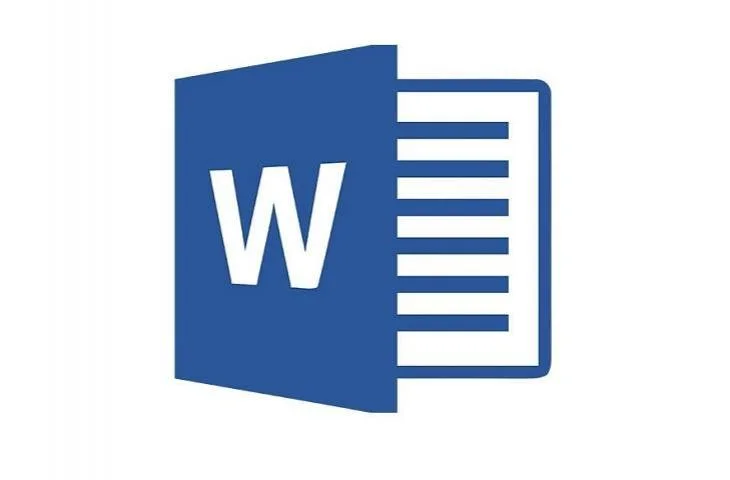Talaqqi Method: Children's Language Development in Tahfidzul Al-Qur'an Program During Covid-19 Pandemic
DOI:
https://doi.org/10.14421/joyced.2021.12-03Keywords:
Talaqqi method, Tahfidz Al-Qur'an, Language, Early ChildhoodAbstract
This study aims to describe the implementation of the talaqqi method in the development of language and religious values in the Qur'an tahfidzul program for early childhood applied in BA Aisyiyah Mayang Gatak. This research uses descriptive methods with a qualitative approach. The subjects of the study were the principal, Teacher Tahfidz, and Children. Data collection in this study using observation methods, interviews, and documentation. This study shows that the implementation of talaqqi method on language development in receptive language achievement is that the child will have many and varied vocabulary, can straighten the child's tongue, read letters well, children can pronounce according to the makhraj letter. The implementation of talaqqi method on the development of children's religious values can instill culture to children, invite children to love Allah SWT, Children are introduced to the Qur'an and love the Qur'an, and print a generation of praiseworthy morals. Children can understand and understand the content of the Qur'an, and children have a religious character from an early age.
References
Amaliah, I. N., Nuroni, E., & Pamungkas, M. I. (2018). Pembelajaran Tahfidz Al-Qur’an Dengan Metode Talaqqi (Studi Kasus Di Madrasah Ibtidaiyah Asih Putera Kota Cimahi). SPeSIA: Prosiding Pendidikan Agama Islam, 4(2).
Diah Utami, R., & Maharani, Y. (2018). KELEBIHAN DAN KELEMAHAN METODE TALAQQI DALAM PROGRAM TAHFIDZ AL-QUR’AN JUZ 29 DAN 30 PADA SISWA KELAS ATAS MADRASAH IBTIDAIYAH MUHAMMADIYAH. Profesi Pendidikan Dasar, 1(2). https://doi.org/10.23917/ppd.v1i2.7353
Haryani, L. D., & Sholeh, M. A. (2019). EFEKTIVITAS METODE TALAQQI DALAM MENINGKATKAN HAFALAN AL-QUR’AN PESERTA DIDIK DI SDIT ULUL AL-BAB WELERI. TA’DIBUNA: Jurnal Pendidikan Agama Islam, 2(2). https://doi.org/10.30659/jpai.2.2.47-52
Kamal, M. (2017). Pengaruh Pelaksanaan Program Menghafal Al-quran Terhadap Prestasi Belajar Siswa. Tadarus: Jurnal Pendidikan Islam, 6(2).
Kartika, T. (2019). MANAJEMEN PEMBELAJARAN TAHFIDZ AL-QUR’AN BERBASIS METODE TALAQQI. Jurnal Isema : Islamic Educational Management, 4(2). https://doi.org/10.15575/isema.v4i2.5988
Maksum, S. M. (1965). Amsilatu Tasrifiyah. Maktabah As-Syekh Salim bin Sa’id Nabhan.
Mansur, Y., & Luthfi, Y. (2016). Dahsyatnya Membaca dan Menghafal Al-Qur’an. Zikrul hakim.
Mohamad, M. R., Ramli, F. Z., & Alias, N. (2020). Relevansi Pewarisan Sanad Talaqqi al-Quran. AL-TURATH JOURNAL OF AL-QURAN AND AL-SUNNAH, 5(1).
Muhamad, N., Hashim, A., Abdullah, W. H., Kamarul Zaman, M. A., & Zamri, F. A. (2019). Kaedah Talaqqi Musyafahah Dalam Pengajaran Al-Quran Wa Al-Hifz Kurikulum Dini SABK Di Perak. International Journal of Education, Psychology and Counseling, 4(32).
Muhammad, J. (2011). Pentingnya Belajar Ilmu Agama Secara Talaqqi. Amzah.
Nawawi, N. (2020). TALAQQI RUKBAN AND IHTIKAR IN THE TRADITIONAL MARKET AT MAKASSAR IN PERSPECTIVE OF ISLAMIC ECONOMIC LAWS. Jurnal Ilmiah Al-Syir’ah, 18(1). https://doi.org/10.30984/jis.v18i1.1074
Nurkhaeriyah. (2019). Metode Menghafal Al-Qur’an pada Anak Usia Dini Di Rumah Tahfidz Qur’an At-Taqwa Kota Cirebon. Jurnal Jendela Bunda, 7(1), 1–16.
Pusat Bahasa Nasional, P. B. K. P. (2012). Kamus Besar Bahasa Indonesia. Balai Pustaka.
Qomariyah, N., & Muhammad, I. (2017). Metode Cepat & Mudah Agar Anak Hafal Al-Qur’an. Semesta Hikmah.
Rauf, A. A. A. (2004). Kiat Sukses Menjadi Hafidz Qur’an. Syaamil Cipta Media.
Salnita, Y. E., Atmazaki, & Abdurrahman. (2019). Language Acquisition for Early Childhood. Obsesi, 3(1), 119–126. https://doi.org/10.31227/osf.io/brekw
Shamsul, M. N., Kato, I., & Hanufi, S. La. (2021). Efektivitas Metode Talaqqi Pada Halaqah Tarbiyah Di Wahdah Islamiyah Sulawesi Tenggara Dan Analisis Metode Talaqqi Dalam Kitab ‘Uddatu At Talabi Binajmi Manhaj At Talaqqi Wa Al Adab. Sang Pencerah: Jurnal Ilmiah Universitas Muhammadiyah Buton, 7(1). https://doi.org/10.35326/pencerah.v7i1.1018
Susianti, C. (2016). Efektivitas Metode Talaqqi Dalam Meningkatkan Kemampuan Menghafal Al-Qur’an Anak Usia Dini. Tunas Siliwangi Halaman, 2(1).
Taghiabad, B. A. (2015). Mental Health and Strss-Coping Strategis among Memorizers of Holy Quran. Health, Spirituality and Medical Ethics, 2(2), 15–20.
Wahid, W. A. (2014). Cara Cepat Menghafal Alquran. DIVA Press.
Yusof, N. H. bin, Razali, M. A. bin M., Omar, N. binti, Abdelgelil, M. F. M., & Hamzah, M. S. bin. (2018). Concept and Execution of Talaqqi and Musyafahah Method in Learning Al-Quran. International Journal of Academic Research in Business and Social Sciences, 8(11). https://doi.org/10.6007/ijarbss/v8-i11/4930
Yusuf, M. (2010). Memorization as a Learning Style: A Balance Approach to Academic Excellence. OIDA International Journal of Sustainable Development, 1(6), 51.






.png)











